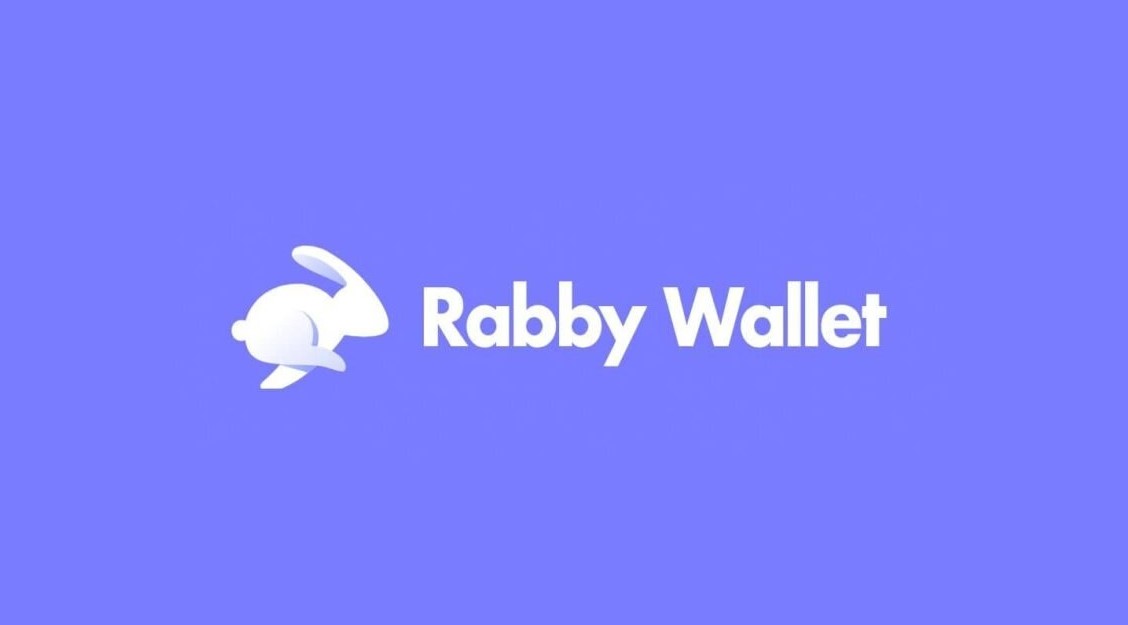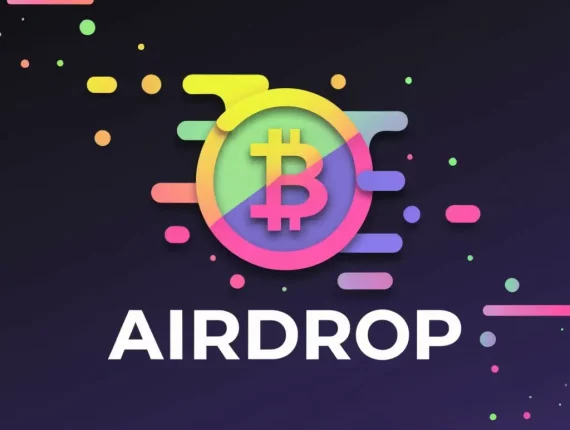Rabby Wallet Review: A Secure and User-Friendly Non-Custodial Crypto Wallet

hen trading on exchanges, it’s often unnecessary to have a separate blockchain wallet, as you can use your account balance. However, it’s not advisable to store large amounts of cryptocurrency on an exchange, as accounts can be frozen. For example, in November 2023, users of the Poloniex exchange lost access to their funds due to a hack. At the time of writing, their assets had not yet been unfrozen. In such situations, users look for non-custodial alternatives, where they retain full control over their assets. This review of Rabby Wallet will explore its features, the development team, supported networks, assets, and fees.
Key Features of Rabby Wallet
Rabby Wallet is a versatile multi-service crypto wallet with a user-friendly design, suitable for beginners. It supports tokens and coins on EVM-compatible networks, currently covering 66 blockchains. Here are the key networks supported:
- Ethereum
- Arbitrum
- Optimism
- Binance Smart Chain
- Polygon
- Avalanche
- Base
- Linea
In total, Rabby Wallet supports 121 mainnet and testnet networks, including 55 developer environments.

Development Team
Rabby Wallet was created by DeBank Global, which had previously developed the DeFi portfolio tracker DeBank on Ethereum, enabling users to analyze their portfolios and connect to DeFi protocols. DeBank was founded in 2018 by Tang Hongbo, a computer science graduate from Tongji University in Shanghai. The company is headquartered in Singapore and has a team of 15 employees.
History of Rabby Wallet
In 2021, after DeBank gained traction, the team raised $25 million from Sequoia China to develop Rabby Wallet. By 2023, Rabby Wallet had established itself as a secure, non-custodial wallet, where private keys are stored on users’ devices, giving them full control over their assets.
Supported Cryptocurrencies
Rabby Wallet supports 121 EVM-compatible chains and can manage tokens built on standards like ERC-20, ERC-721, and BEP-20. This gives users access to thousands of digital assets across multiple blockchains.
Fees
Rabby Wallet does not charge fees for transfers. Users only pay blockchain network fees, which vary depending on the traffic on the specific chain.
Security
Rabby Wallet is non-custodial, meaning the developers do not store users’ private keys or seed phrases. The wallet undergoes annual audits by SlowMist, with the audit reports available on the official website.
The wallet’s source code is publicly available on GitHub for users with technical expertise to review. Regular updates are released to maintain stable blockchain connections and add new networks and features.
Rabby Wallet for Desktop and Browser
Rabby Wallet is available as a desktop application for Windows and macOS, and as a browser extension for Chrome, Edge, Brave, and Opera. Users can choose between installing the app on their desktop or using it directly through a browser extension.
Getting Started with Rabby Wallet
To set up Rabby Wallet:
- Download the Wallet: Install Rabby Wallet from the official website.
- Create a New Wallet: Set up a secure password and write down the seed phrase provided (12 words).
- Import an Existing Wallet: If you have an existing wallet, you can import it using your seed phrase or private key.
Rabby Wallet offers a streamlined interface where users can swap assets, send and receive crypto, and track NFTs.
Conclusion
Rabby Wallet is a secure and reliable solution for managing digital assets on EVM-compatible blockchains. While it lacks support for non-EVM networks like Bitcoin or Solana, it excels in user experience, security, and multi-chain integration, making it an excellent choice for daily use in the DeFi ecosystem.


